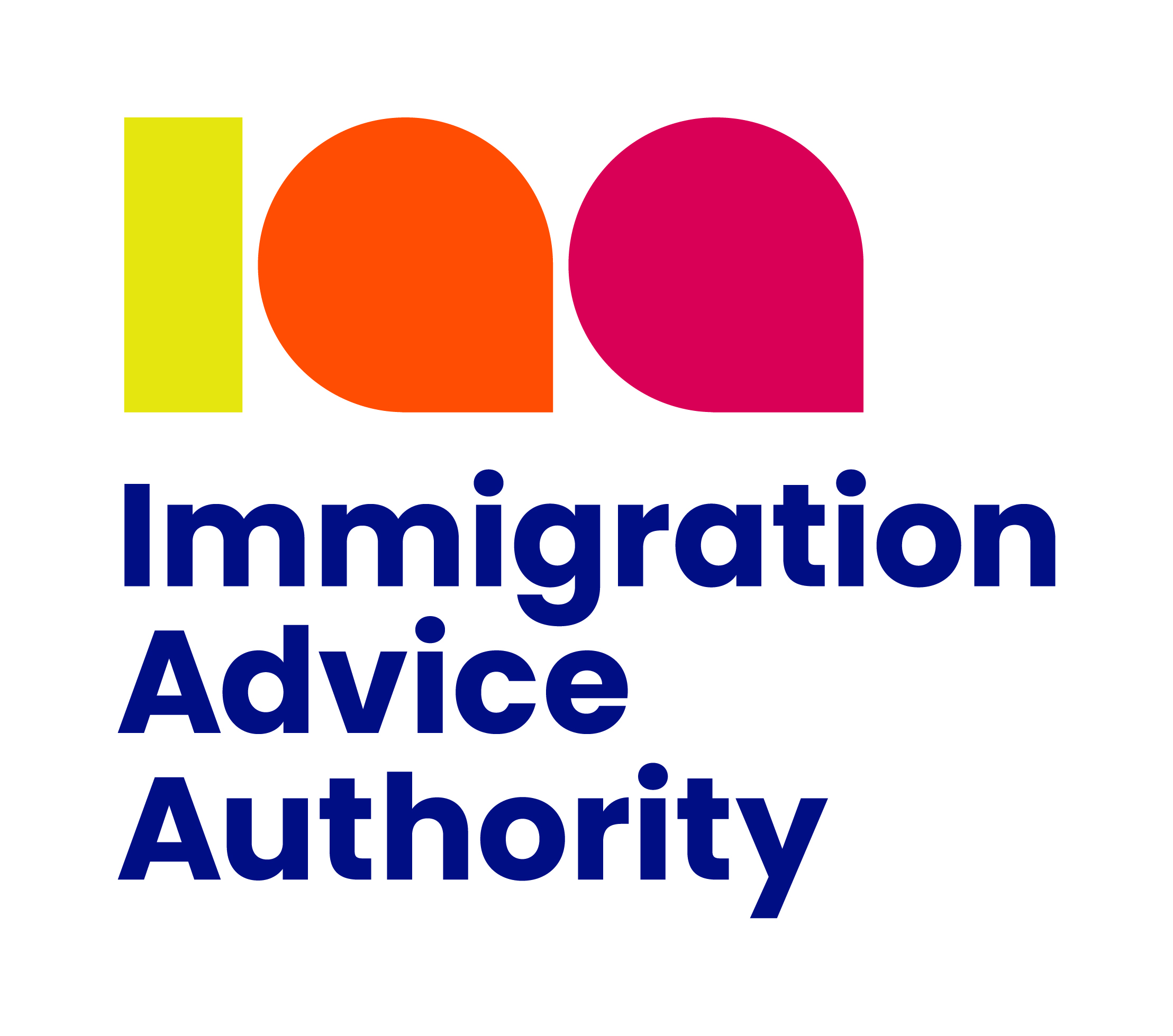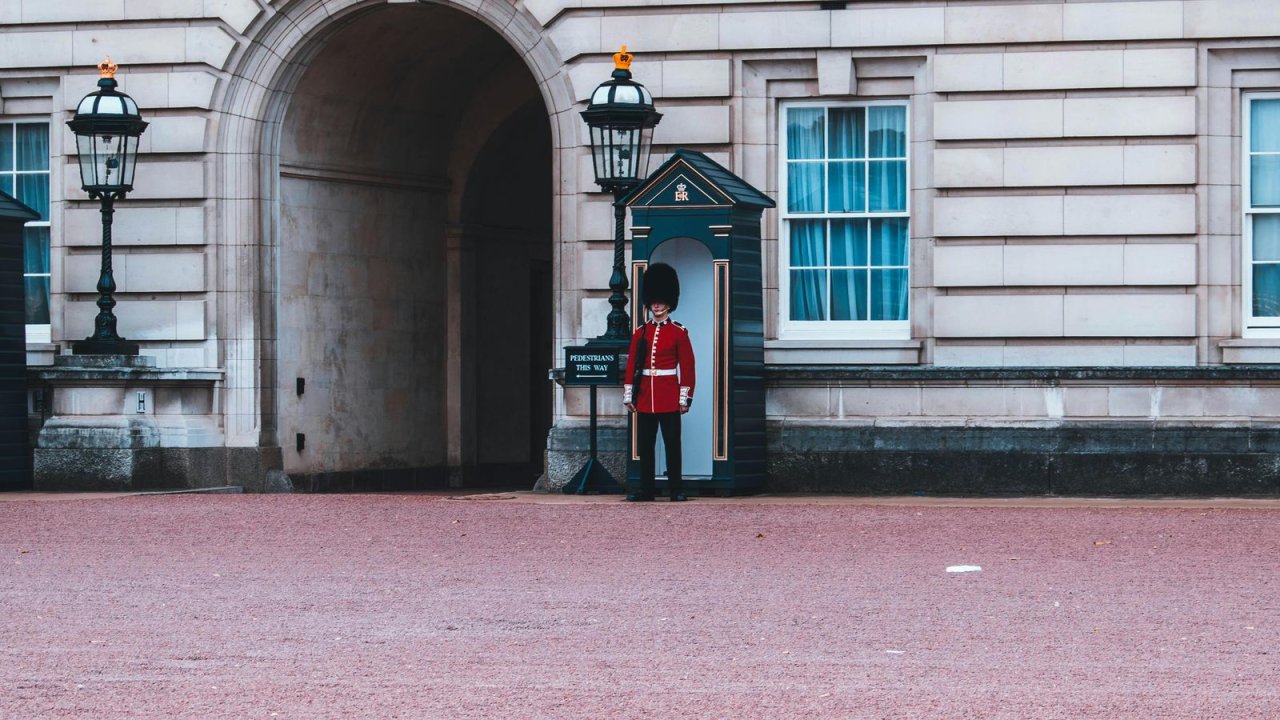
UK visa guides
UK visa guides
Securing a UK visa is a critical step for those planning to work, study, or join family in the United Kingdom. With a range of visa options available, it’s essential to understand the right category for your purpose and to follow the process carefully. Whether you’re aiming for a short-term visit or a long-term stay, knowing the specific requirements and recent updates will guide you through a smooth application process. In this Global Law guide, we’ll walk you through the various UK visa types, their prerequisites, and offer expert tips to ensure your application stands the best chance of success.
How many types of UK visa are there?
The UK offers different types of visas depending on why you’re visiting or moving there. In total, there are 20+ distinct UK visa types under these broad categories. Here's a quick look at the main types:
UK Spouse Visa: If you're married to a UK citizen or someone settled in the UK, you can apply for this visa to join your partner in the UK. You must meet the minimum income requirement and prove your relationship.
UK Student Visa: If you plan to study at a UK educational institution, this visa allows you to live in the UK for the duration of your course. You must have an offer from a recognized school and be able to prove you can financially support yourself during your stay.
UK Visit Visa: This visa allows you to visit the UK for a short period, usually up to 6 months, for tourism, business, or to visit family and friends. You do not need to be employed or enrolled in a course to apply for this visa.
UK Self-Sponsorship Skilled Worker Visa: This is a type of work visa for skilled workers. Instead of being sponsored by an employer, you can apply on your own if you meet the skills and salary requirements.
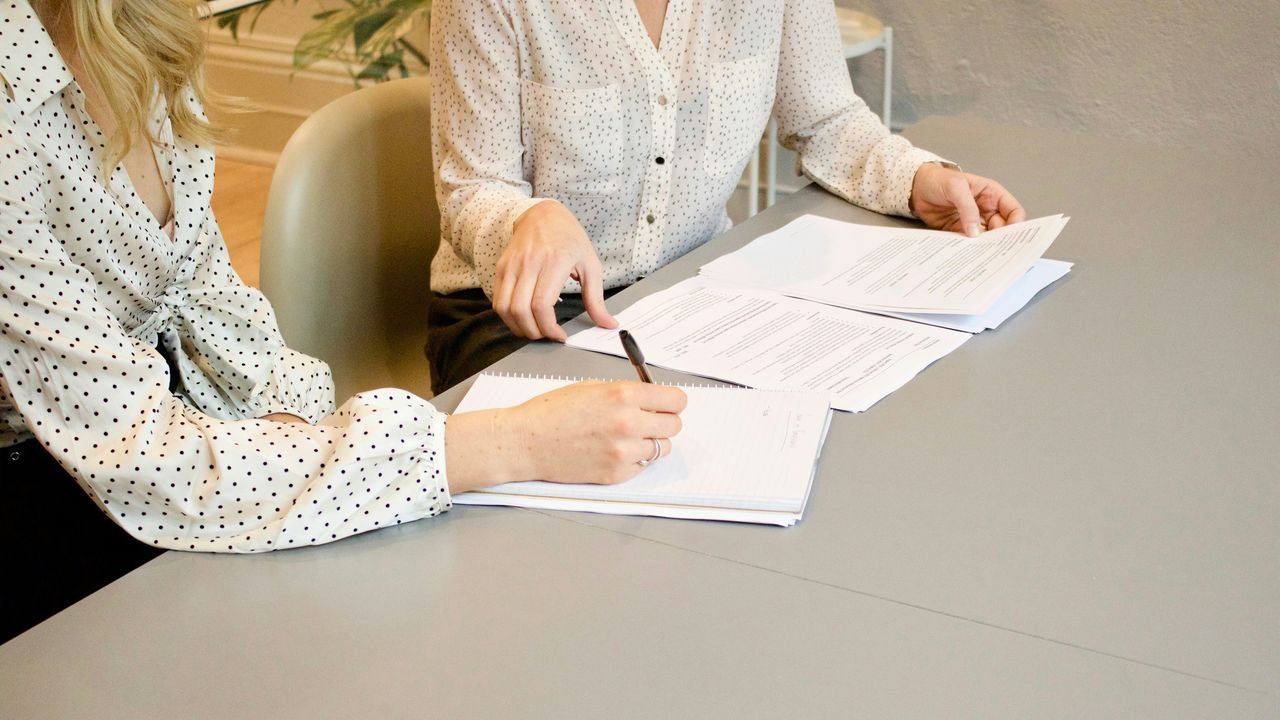
UK Asylum Visa: This visa is for people who are seeking protection in the UK due to fear of persecution in their home country. You must prove that you are at risk if you return home.
British Citizenship: This isn’t a visa but the final step for people who want to become full citizens of the UK. It’s typically available after living in the UK for several years under a settlement visa, such as the UK Settlement Visa.
United Kingdom ETA: The Electronic Travel Authorisation (ETA) is for visitors to the UK from visa-exempt countries. It allows entry for short stays for tourism or business, making travel easier without needing a full visa.
UK Settlement Visa: This visa allows individuals who want to live permanently in the UK to apply for permanent residence. You may be eligible if you’ve been living in the UK for a certain amount of time and meet other requirements.
UK Sponsorship: This visa is for people who have a job offer from a UK employer. Your employer must sponsor you for this visa, which allows you to live and work in the UK.
Each UK visa type has its own rules and requirements, so make sure you apply for the one that matches your situation.
Is UK visa easy to get?
Getting a UK visa can be straightforward if you meet all the necessary requirements and follow the correct application process. Here are some of the basic requirements:
A valid passport: You’ll need a current passport to apply for a visa.
Proof of funds: Whether you’re applying for a student visa, work visa, or visitor visa, you must show that you can support yourself financially during your stay in the UK.
Offer of employment or study: For work and study visas, you need to show proof of a job offer or place at a UK university.
English language skills: Most visa types require you to prove that you can speak and understand English.
Family documents (for Family Visas): If you're applying for a UK Spouse Visa or other family visa, you will need to prove your relationship and meet specific income requirements.
To learn everything you need to learn about UK visa requirements, visit the related guide.
How to apply for a UK visa?
The UK visa application process is straightforward if you follow these steps:
Create a UKVI Account: Start by registering on the UK Visas and Immigration (UKVI) website.
Complete the application: Fill out the online visa application form, including all personal details and supporting documents. Learn how to write a UK visa invitation letter with our guide.
Pay the fee: Visa costs, like the IHS fee for UK, have recently increased, so check the current rates for your visa type.
Submit biometrics: You’ll need to visit a visa center to provide your fingerprints and a photo as part of your application.
Preparing for your UK visa interview: For some visa applications, you may be asked to attend an interview.
Track your UK visa application: Once you’ve applied, you can check the status of your visa through your UKVI account.
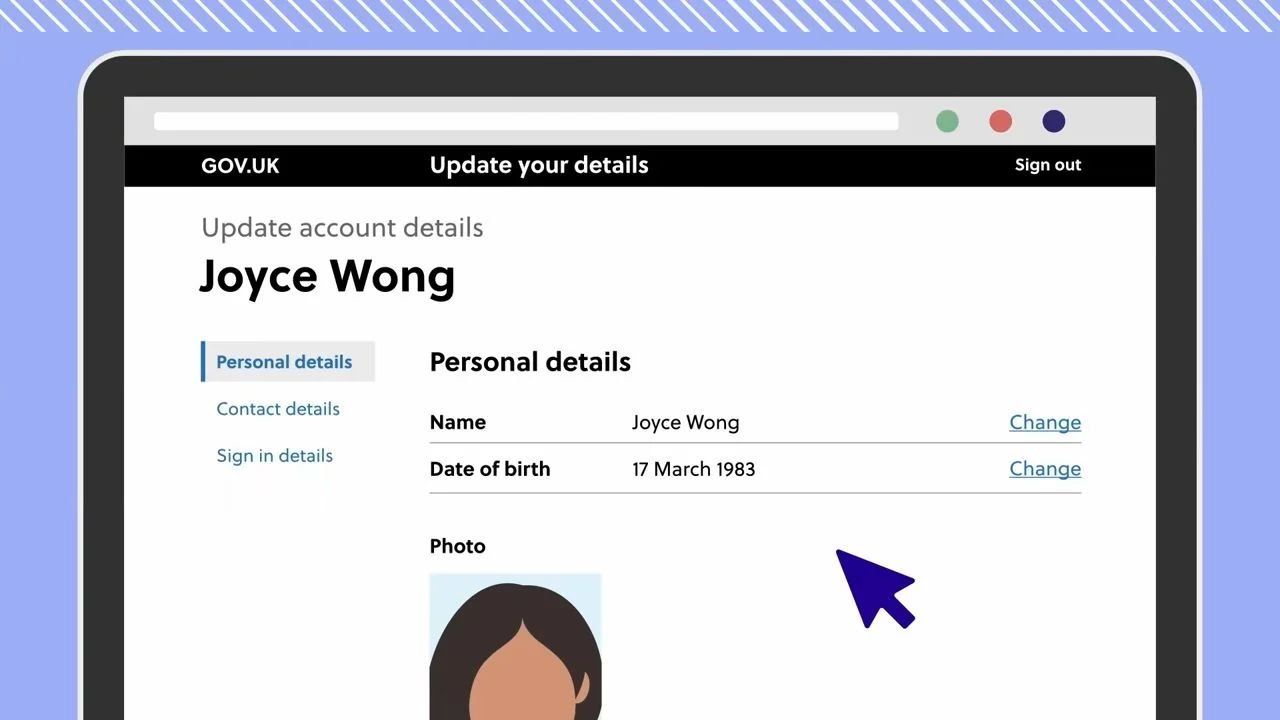
Credit: Home Office/YouTube
Some applicants may need to follow additional steps depending on their situation:
Spouse Visa with Self-Employed Income: If you're self-employed and applying for a UK Spouse Visa, you’ll need to prove your income using documents like tax returns or bank statements.
Life in the UK Test: This test is required for those applying for a settlement visa, and it covers topics like UK history, culture, and laws. Make sure to prepare for it ahead of time.
In 2025, the UK will launch the eVisa system, which will allow people applying for visas like the Self-Sponsorship Skilled Worker Visa to manage their application online, making the process easier.
How fast can you get a UK visa?
The processing time for a UK visa depends on the type of visa you're applying for. For visitor and student visas, the processing time is usually around 3 to 6 weeks. If you're applying for a work visa, it may take between 2 to 8 weeks, while family visas can take up to 12 weeks. To avoid delays, it's important to apply well in advance of any planned travel or start dates.
Keep in mind that these times are estimates and may vary depending on individual circumstances, so always check for any specific updates or requirements that may affect your application.
What if the UK visit visa is refused?
If your visa is refused, it’s not the end of the road. You will receive a reason for the refusal, which will help you understand what went wrong. Here’s what you can do:
Appeal the decision: If you believe the decision was incorrect, you can start your UK visa appeal process.
Request an administrative review: If you think there was a mistake, you can ask for the decision to be reviewed.
Reapply: After correcting any issues, you can submit a new application.
Understanding the reason for refusal is important so you can avoid making the same mistakes in your next application.
Applying for a UK visa may seem complicated at first, but with the right knowledge, the process becomes much easier. Don't wait—begin your application today and take the first step toward your journey to the UK!
Need more help?
Contact us now for expert guidance and support through your visa process.
Related Articles

UK BRP & the shift to eVisa
January 24th, 2025
Learn about the UK BRP card & its transition to the new eVisa system. Is it a UK travel document? Keep reading and learn everything you need to know.

UK visa types
December 25th, 2024
Explore the main UK visa types for tourism, work, study, family, or settlement.
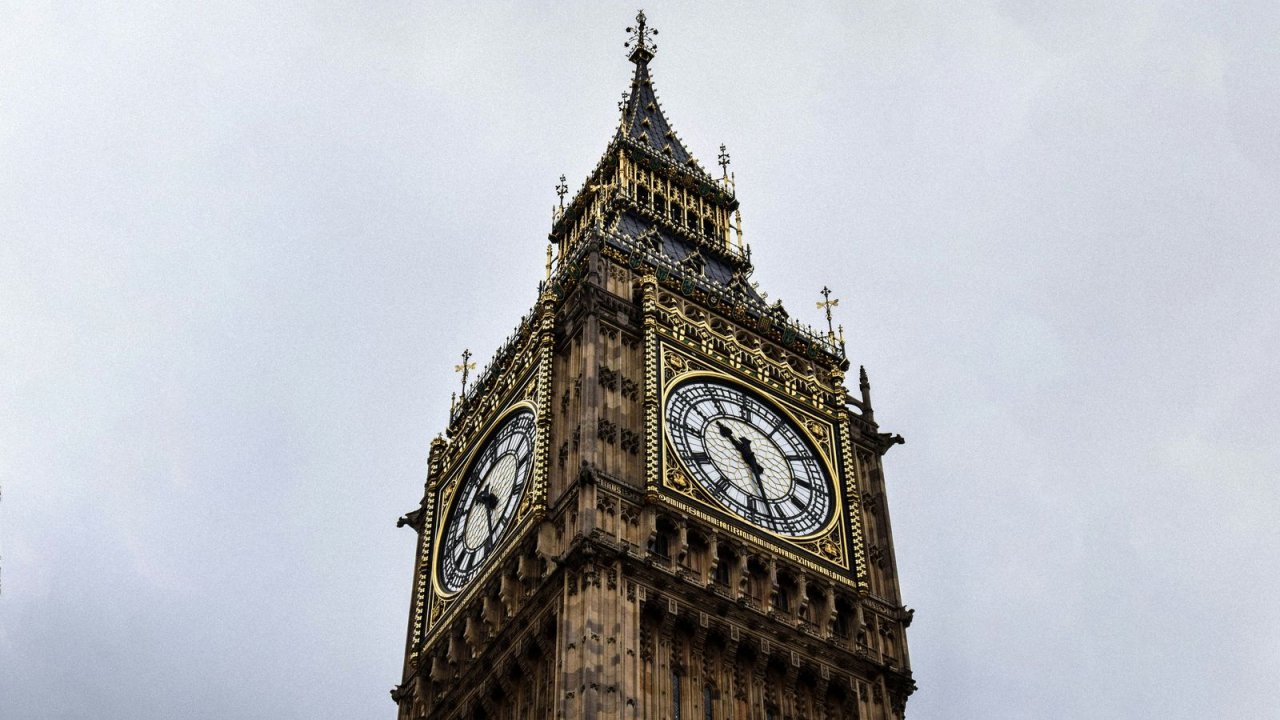
UK visa processing times
December 27th, 2024
Understand UK visa processing times by category, causes of delays, and fast-tracking options.
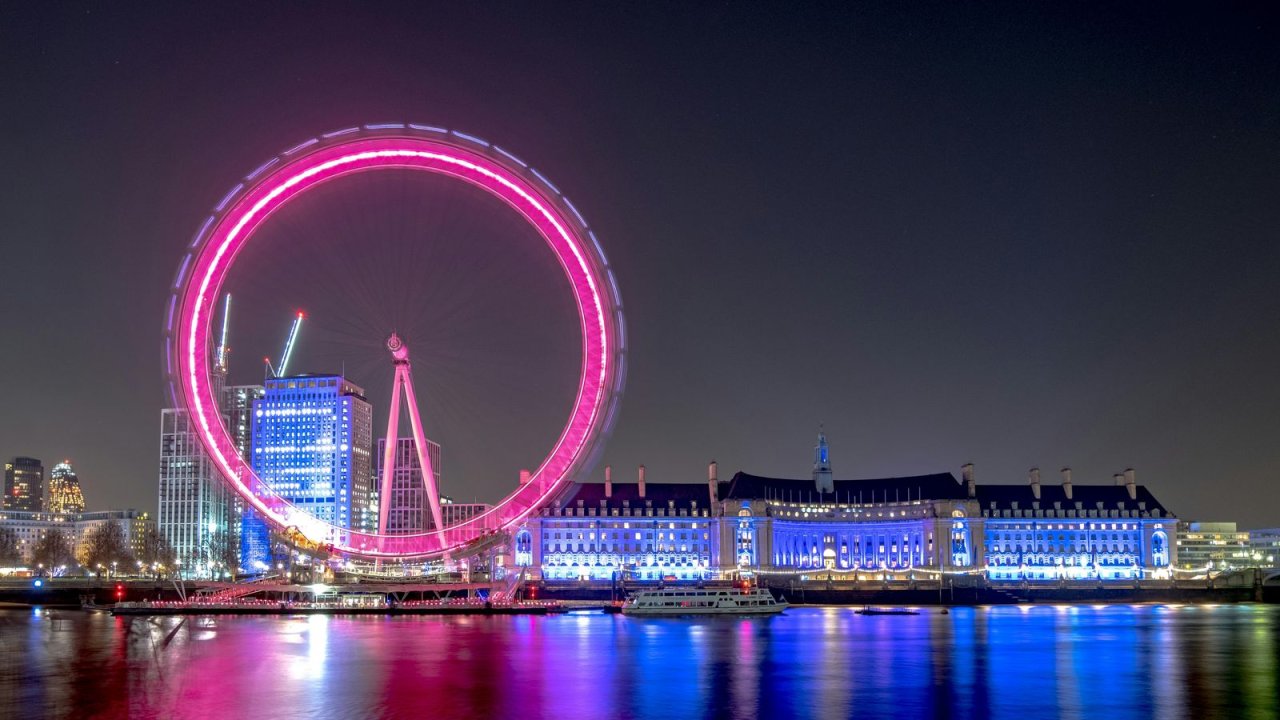
UK visa application process
December 27th, 2024
Navigate the UK visa application process in 4 simple phases with this step-by-step guide.

UK visa interview preparation
December 28th, 2024
Learn key tips on answering questions, proving finances, and showcasing your intentions.
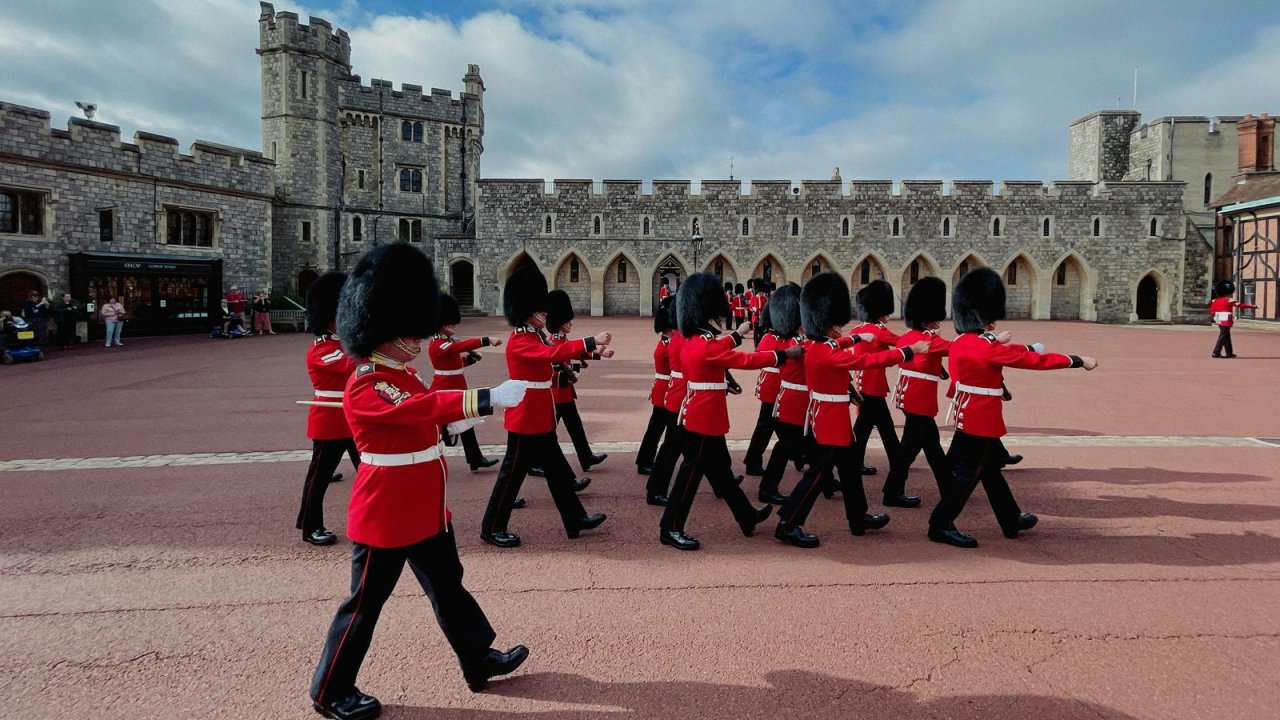
UK visa refusal
December 27th, 2024
Learn why UK visas are refused, common issues, and how to strengthen your reapplication.

UK visa appeal process
December 28th, 2024
A step-by-step guide to navigating the UK visa appeal process, including eligibility, fees, and tips for success.
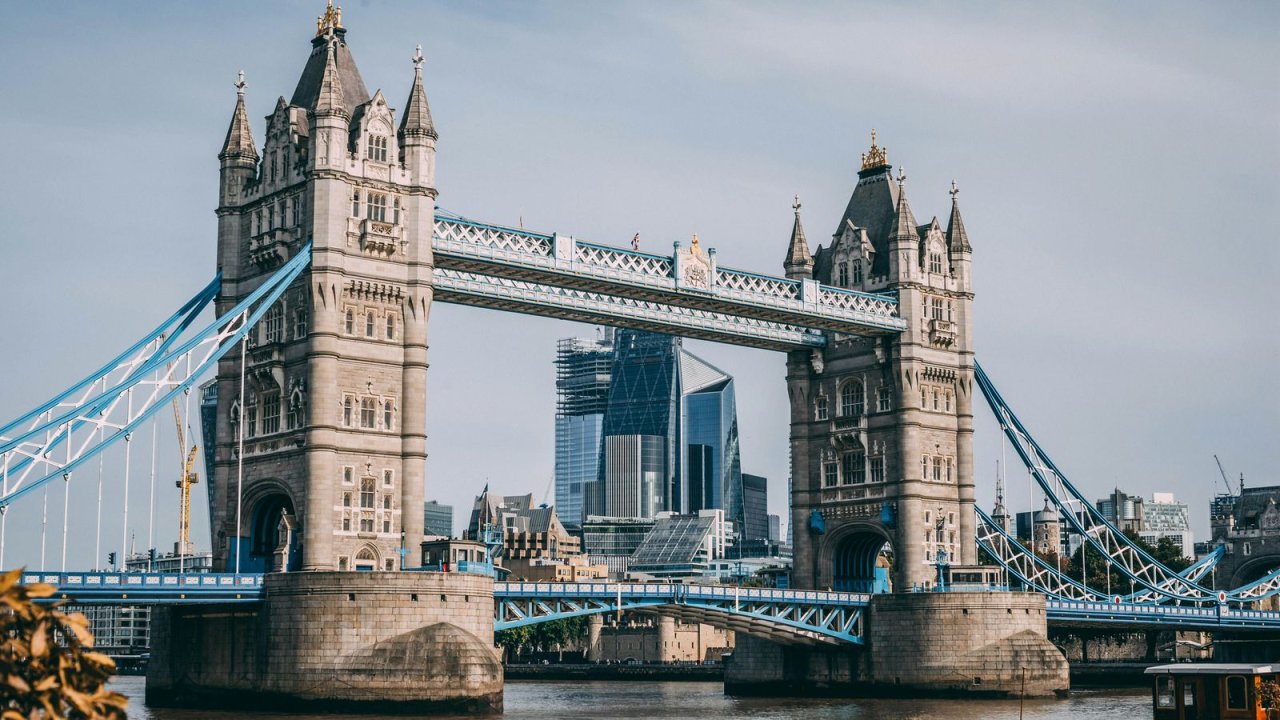
UK visa requirements
December 28th, 2024
Explore essential UK visa requirements including documentation, fees, biometrics, and specific conditions for different visa types.
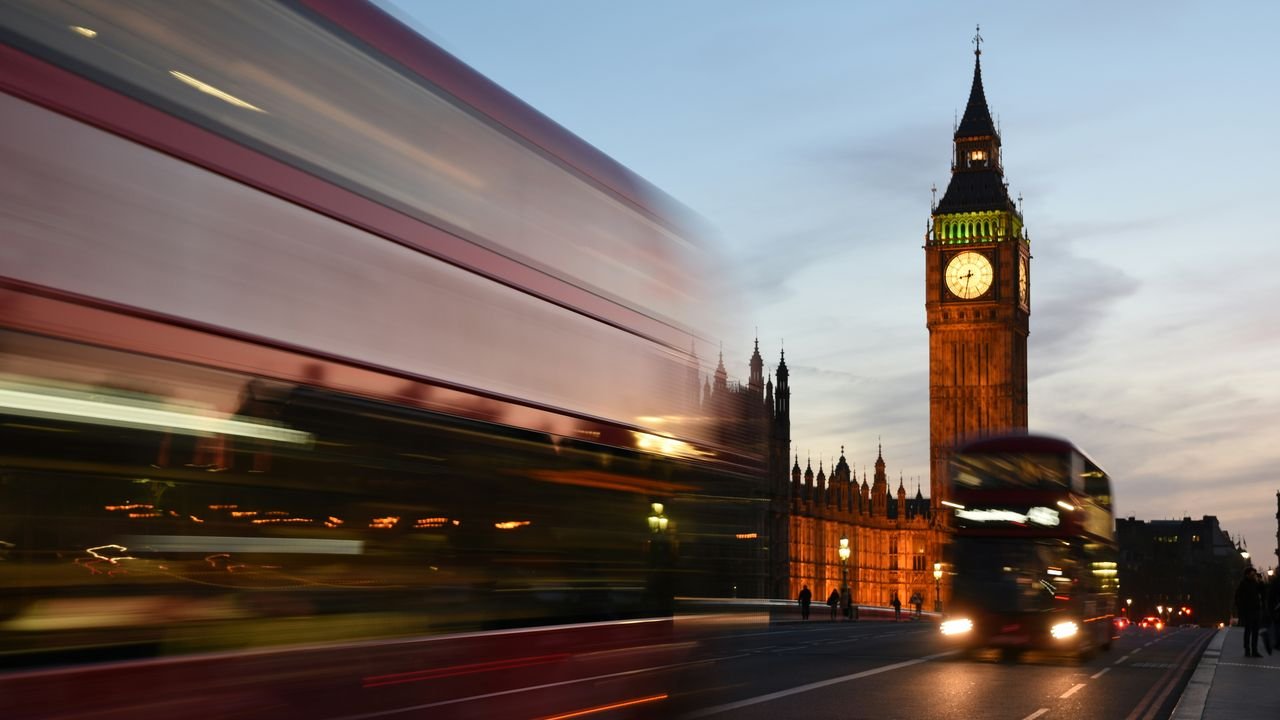
UK visa news
December 28th, 2024
Stay updated on the latest UK visa news, including changes, requirements, and tips for a successful application.

UK visa fees
December 27th, 2024
Stay informed about the latest UK visa fees for 2024, covering visit, work, student, settlement, and premium services.

